MIGLITOL - ORAL
PHONETIC PRONUNCIATION: (MIG-li-tol)
COMMON BRAND NAME(S): Glyset
GENERIC NAME(S): miglitol
Uses
USES: Miglitol is used with a proper diet and exercise program to control high blood sugar in people with type 2 diabetes. Controlling high blood sugar helps prevent kidney damage, blindness, nerve problems, loss of limbs, and sexual function problems. Proper control of diabetes may also lessen your risk of a heart attack or stroke. Miglitol works in your intestines to slow the breakdown and absorption of carbohydrates from foods that you eat. This effect helps lessen your blood sugar rise after a meal.
How to use MIGLITOL - ORAL
HOW TO USE: Take this medication by mouth as directed by your doctor, usually 3 times daily with the first bite of a meal. The dosage is based on your medical condition and response to treatment. Use this medication regularly to get the most benefit from it. To help you remember, take it at the same times each day. Tell your doctor if your condition does not get better or if it gets worse (your blood sugar is too high or too low).
Side Effects
Precautions
Interactions
Overdose
Images
Reviews
Faq for MIGLITOL - ORAL
Miglitol is an oral medication that is used to treat type 2 diabetes. It belongs to a class of drugs called alpha-glucosidase inhibitors, which help to control blood sugar levels.
Miglitol works by slowing down the digestion and absorption of carbohydrates in the body. It inhibits certain enzymes in the intestines that break down complex carbohydrates into simple sugars, thus reducing the rise in blood sugar levels after a meal.
Common side effects of miglitol may include diarrhea, gas, bloating, stomach pain, and rash. These side effects are usually mild and go away over time.
Miglitol is usually used in combination with other diabetes medications, such as metformin or insulin. It is not usually prescribed as a standalone treatment.
Miglitol should be taken orally, usually with the first bite of a meal. It is typically taken three times a day with meals to maximize its effectiveness.
Miglitol should not be used in people with certain conditions, such as inflammatory bowel disease, colon ulceration, or intestinal obstruction. It may also interact with certain medications, so it is important to inform your doctor about all the medications you are taking.
Miglitol is not known to cause low blood sugar on its own, but when taken in combination with other diabetes medications that can cause hypoglycemia, there is a risk of low blood sugar. It is important to monitor your blood sugar carefully when using miglitol.
Miglitol is primarily metabolized by the liver, so it should be used with caution in people with liver impairment. It is not typically recommended for people with severe kidney impairment.
Miglitol starts working within 1 to 2 hours after taking a dose. Its maximum effect is seen after about 4 hours.
Disclaimer
IMPORTANT: HOW TO USE THIS INFORMATION: This is a summary and does NOT have all possible information about this product. This information does not assure that this product is safe, effective, or appropriate for you. This information is not individual medical advice and does not substitute for the advice of your health care professional. Always ask your health care professional for complete information about this product and your specific health needs.
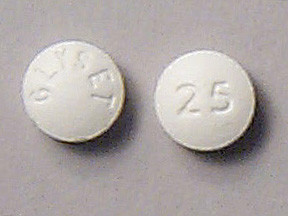
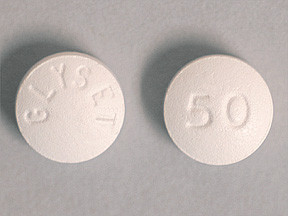
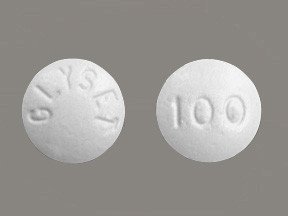
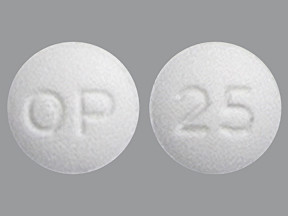
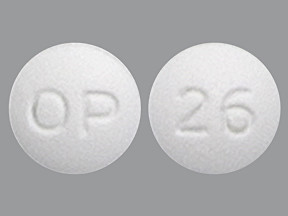
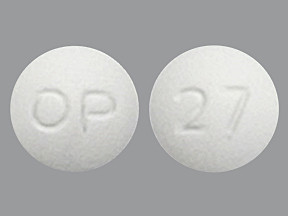
No Reviews Yet